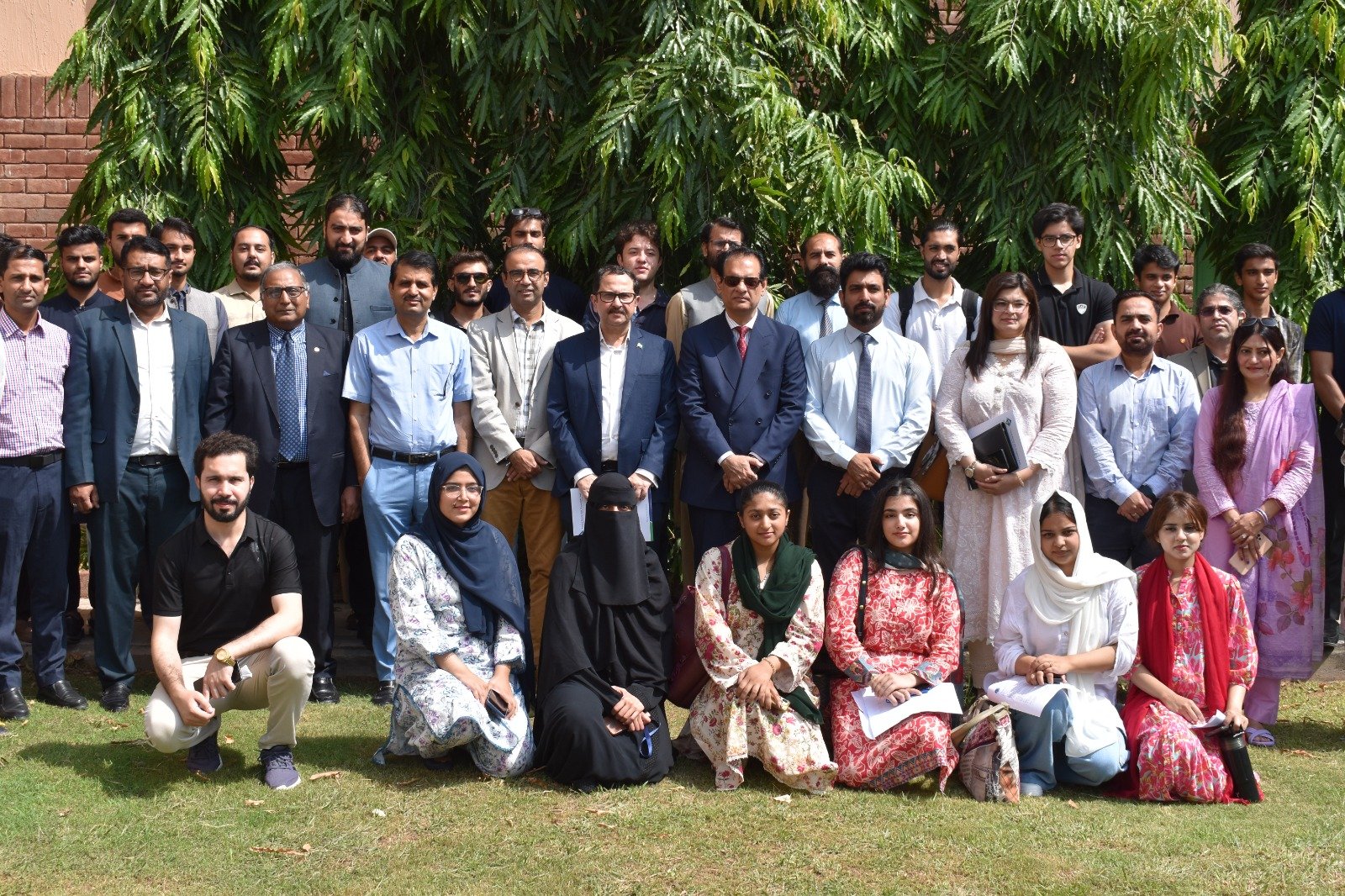
By Junaid Toru
In recent years, vaping has emerged as a fast-growing trend among young people in Pakistan. Sleek devices, colorful flavored cartridges, and the notion that vaping is a “safer” alternative to smoking have made it particularly attractive to teenagers. But the reality is far from harmless. According to the World Health Organization, the nicotine contained in e-cigarettes directly affects the heart and brain, creating strong addiction in young users. A report by the U.S. Centers for Disease Control and Prevention (CDC) reveals that nearly 80 percent of young people who begin vaping eventually transition to cigarette smoking or other forms of substance abuse.
The issue has become particularly alarming in Pakistan, where vaping products are openly available in markets and through online platforms without any effective regulation. Inside and outside educational institutions, a large number of students can be seen vaping, while on social media it is promoted as a fashionable lifestyle choice. Parents and teachers, often unaware of the dangers, fail to intervene leaving children vulnerable to both physical and psychological harm.
Health experts warn that vaping significantly increases the risk of heart disease and lung disorders. Prolonged use may lead to life-threatening conditions such as “popcorn lung,” while nicotine consumption during adolescence disrupts brain development, impairing memory, concentration, and attention span.
Several countries, including India, Singapore, and Brazil, have already imposed complete bans on vaping, while the United States and the United Kingdom enforce strict regulations on its sale and use. Pakistan, however, lacks a clear policy or regulatory framework, allowing the problem to spread unchecked. This negligence risks pushing an entire generation into a health crisis that may prove difficult to reverse.
It is high time the government takes decisive action. Stricter controls on the import and sale of vaping products are urgently needed. Awareness campaigns should be launched in schools and colleges, while parents must be educated about the dangers of vaping so they can protect their children from addiction. The media, too, has a responsibility to highlight the risks rather than glamorize vaping as a fashionable trend.
Vaping is not just a passing fad it is a growing tragedy threatening the health and future of Pakistan’s youth. If decisive measures are not taken today, tomorrow’s generation will be trapped in an addiction far harder to escape.










